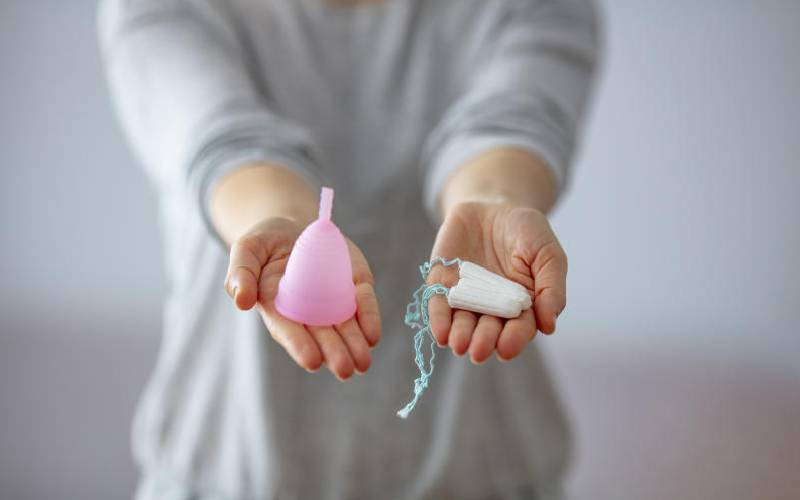
When period comes to mind, everyone’s mind will automatically associate it with pads, hygiene, or even absence from school. But there is something that we always tend to forget: the psychological and emotional impact of having a period, especially for young girls.
In most communities throughout Kenya—and indeed across the globe—girls are shamed, silenced, and stressed simply because they are on their period. And it does more than harm their education and physical health. It harms their self-esteem, confidence, and mental health.
Periods are natural. But cultural taboos and a lack of information make it seem like something dirty or embarrassing. Many girls grow up hearing things like “don’t talk about it,” or “hide your pad,” or “you can’t do this or that while on your period.”
These messages teach girls to be ashamed of their bodies. They start believing that they are “less” during that phase of the month. Some feel so shy that they skip school. Others keep quiet even when they hurt or need help.
Menstruation can already have bodily symptoms like cramps or headaches. But what we don’t usually catch are the emotional symptoms: mood swings, fear, depression, or sadness.
For some, it is caused by hormonal changes. But for a lot of others, the pressure is due to society’s handling of them during their period.
You’re 13 years old. You don’t have pads. You’re scared to leak and be laughed at. There isn’t a school bathroom they can use in private. And no one will ever talk about it.
Now add all that to the normal pressures of being a teenager. The result? Many girls feel overwhelmed, isolated, or powerless during their periods. That can affect how they think about themselves, how well they get along with others, and how they perform in school.
In my organisation, Solidarity with Children with Disabilities, we initiated a program called “One Plastic, One Pad.” We make sanitary pads out of plastic waste, allowing girls to manage their periods in a sustainable way. But not just that, we also talk about mental health, periods, and respect with girls—and boys.
We created Safe Circles where girls feel comfortable sharing their experiences, asking questions, and supporting each other. We also empower teachers and community members to listen compassionately and break the silence around menstruation.
What we learned was amazing: Girls gained confidence. They missed fewer days of school. They smiled more and felt proud of their bodies. It revealed that simply distributing pads to girls is not sufficient. They need safe places, some comfort, and someone to say to them, “It’s okay. You are not alone.”
Menstruation should never have to be shameful or scary. When we work with the physical mechanics of menstruation as well as the emotional, we enable girls to grow up with integrity, confidence, and mental resilience.
- The writer is a mental health activist and founder of Solidarity with Children with Disabilities CBO in Siaya County.